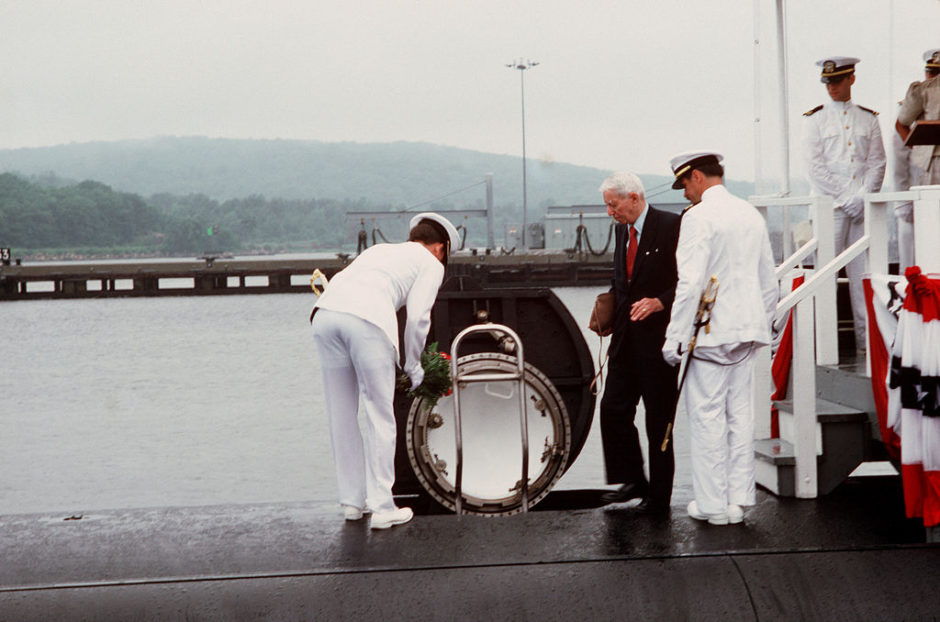Claiming that Jews shun military service, antisemitic propagandists have associated Jewish men with physical weakness, cowardice and an unwillingness to lay down their lives for their countries.
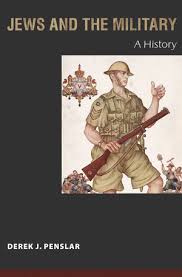
Nothing could be farther from the truth, writes Derek Penslar in the new paperback edition of Jews and the Military: A History (Princeton University Press).
It’s true, as he points out in his ground-breaking book, that Jews who lived under the yoke of antisemitic regimes in Europe avoided conscription. But in nations where they had been emancipated and granted civic rights, this was not the case at all. As he puts it, “In modern states, Jewish valor was a function of emancipation and social acceptance. When Jews felt themselves to be part of the body politic, they willingly went forth to defend it.”
From the French Revolution onward, advocates for Jewish rights in Europe held up the Jewish soldier as proof that Jews were worthy of equal citizenship with their Christian co-citizens.
In this volume, Penslar — a professor of Jewish history at the University of Toronto and Oxford University — expertly examines the issue over a 300-year period from the late 18th century to the early 20th century.

As he observes, Jews have had a long history of engagement with military power, long before Israel had established itself as a regional power in the Middle East.
The ancient Israelites were warriors, having conquered Canaan and defeated the Philistines. Well into the sixth century CE, Jews in Christian lands served as soldiers and commanders. With the development of mass conscription in the 1700s, military service became a fact of life for most Jewish males in Europe, the Ottoman Empire and the United States.
In the antisemitic Russian Empire, 70,000 Jewish males were forcibly inducted into the army from 1827 to 1855. Under pressure, perhaps as many as 15,000 converted to Christianity. With the introduction of universal conscription in 1874, young Russian Jewish men could either report for duty, flee or claim an exemption through ill health or bribery. With few exceptions, the officer corps in the Russian army before the 1917 Bolshevik Revolution was closed to Jews.
Jewish military service in the wars of Italian and German unification solidified the alliance between Jews and the state, Penslar says. But until World War I, Jewish officers in the German army were a rarity. Converted Jews, however, could get ahead. During the war, about 2,000 Jews received field commissions, but none beyond the rank of captain. After the war, he notes, the officer corps in the German army was more or less closed to Jews.
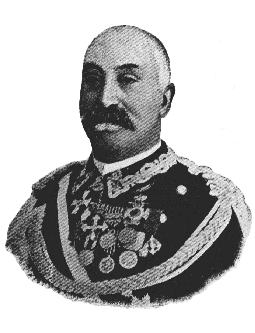
The army in Italy appears to have been open to Jews. From 1859 to 1938, 58 Jews were promoted to the rank of general and admiral. In 1902, Giuseppe Ottolenghi was appointed minister of war. According to Penslar, high levels of assimilation, intermarriage and conversion were important factors in Jewish mobility in Italy.
As a result of the Alfred Dreyfus affair in France, many Jewish officers resigned, convinced that their chances of advancement in the ranks would be limited. Others stayed on and received promotions, he says, citing the names of several high-ranking officers in the French army.
American Jews in the military gravitated toward the technical corps, artillery and engineering, and many Jewish officers were instructors in science, engineering and mathematics at military academies. “The most famous example of an American-Jewish military technocrat was Admiral Hyman Rickover (1900-1986), who studied electrical engineering … and worked on the Manhattan (nuclear) Project … and then developed the navy’s first nuclear-powered submarine.”
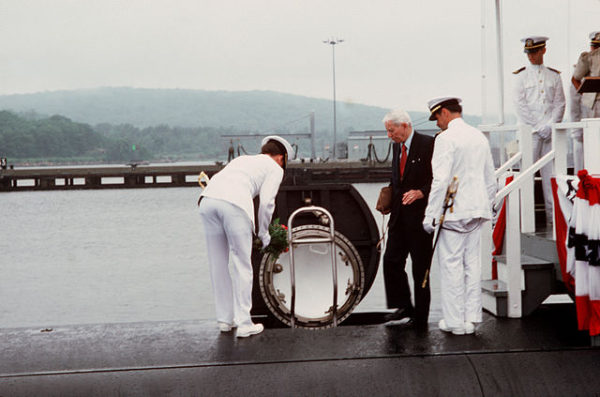
Turning to the Spanish Civil War, Penslar estimates that at least one-fifth of the volunteers who joined the International Brigades were Jews. But 38 percent of the Polish contingent and 45 percent of the American contingent were Jewish.
During World War II, more than 1.5 million Jews fought in Allied forces. “Of all the armies in which Jews took part, the Red Army had the greatest level of Jewish involvement and sacrifice,” he says.
One-third of Russian Jewish soldiers perished, as to opposed to 1.5 percent of American Jewish soldiers. A relatively substantial number of generals in the Red Army were Jewish, and three of the 20 most highly decorated submarine commanders were Jews.
Foreign Jews flocked to Israel before and after it was attacked by a coalition of Arab armies in 1948. Sigmund Friedmann, an Austrian World War I veteran, changed his name to Eitan Avisar and became the deputy chief of staff of the Haganah’s Planning and Operations Department. Mickey Marcus, a West Point graduate, and Ben Dunkelman, a Canadian veteran of World War II, held senior command positions in the new Israeli army.
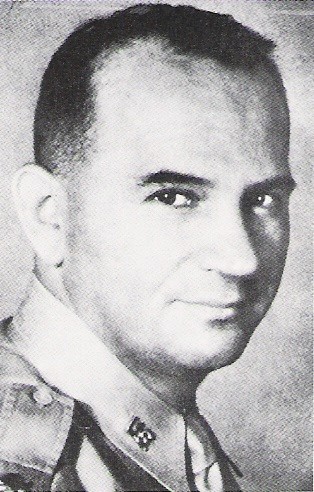
They proved the point, yet again, that Jews make fine soldiers.
In Israel, of course, this thesis has been proven time and time again.
